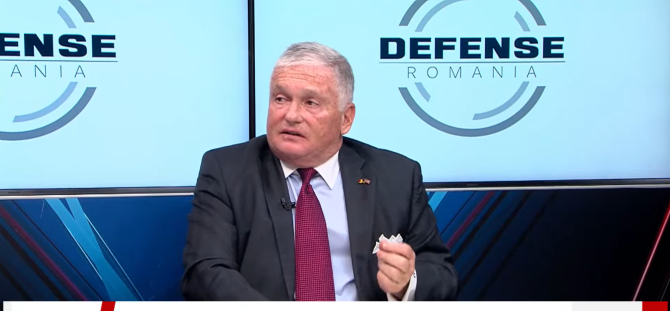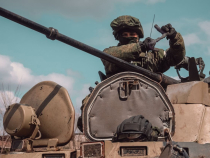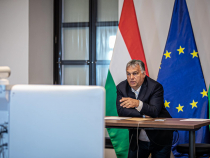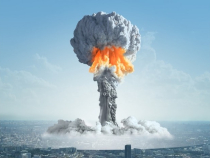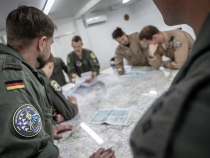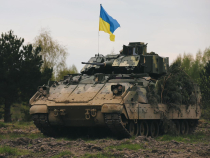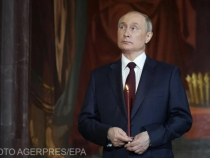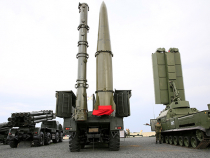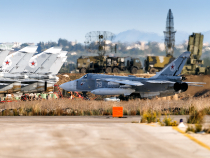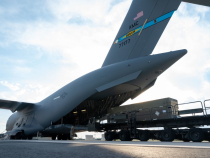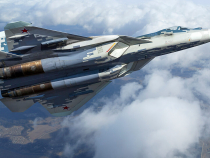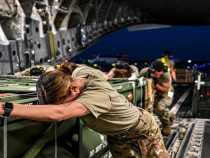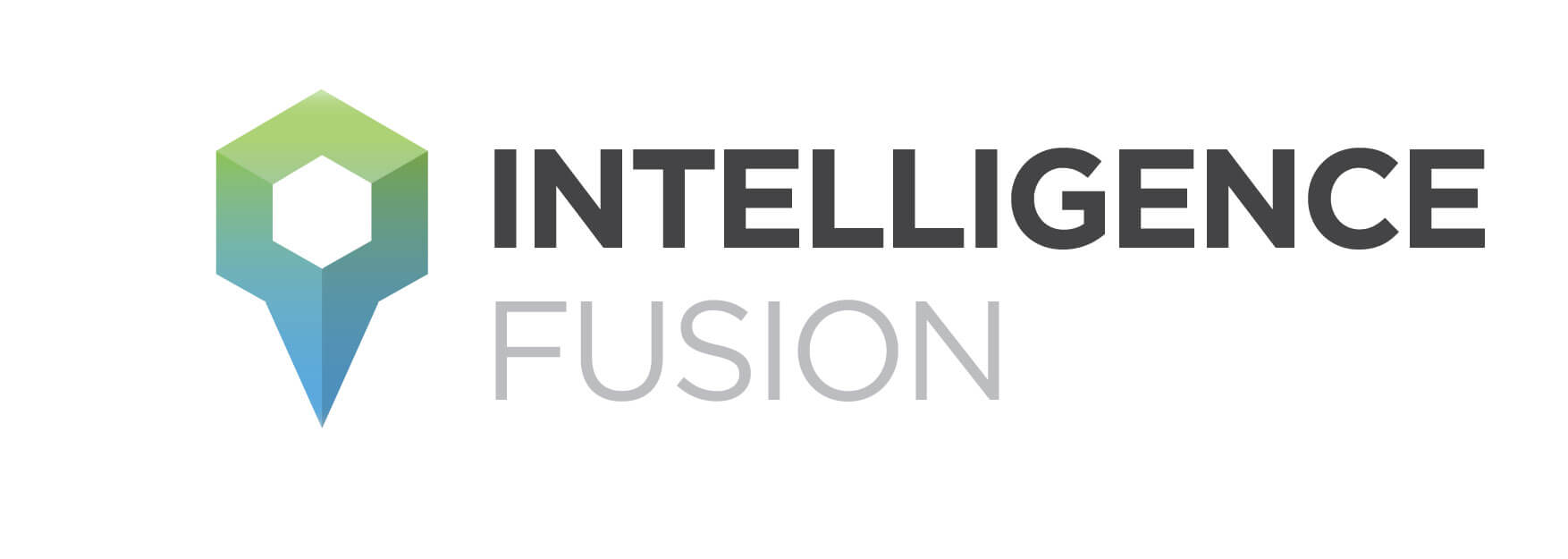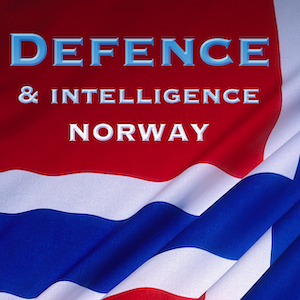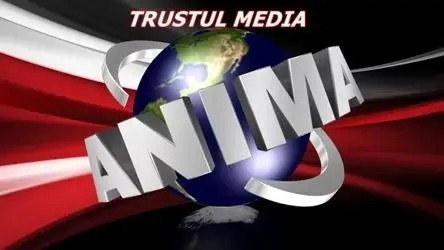I am disappointed by US political attacks against President Trump’s desire to have NATO members pay their fair share of self defense costs. This should not be a political issue. Both Democrats and Republicans should be united in their desire to have NATO members meet their fair share of defense obligations so as to enable NATO to be a stronger and more effective alliance.
All NATO members realize that the alliance benefits all of its members. The issue is that some members deliberately contribute less than agreed upon and reap the benefits of the alliance at the expense of the other members. Their argument is that they will pay whatever they choose to pay, receive full benefits of the alliance and the shortfall will be made up by the other members because they also benefit from the alliance. These members wrongly claim that President Trump is endangering the alliance. To the contrary, it is the members that are not making their full contributions to the alliance that are endangering it. They are creating an alliance that is weak and will not have the military resources to fulfill its mission. This became evident over the last two years as NATO countries ran short of military equipment and munitions and were not able to assist Ukraine to the extent necessary.
The myopic and vociferous response from European leaders regarding President Trump’s most recent remarks is nothing short of shameless. NATO was created in 1949 with one principal mission - to defend Europe against the expansionist desires of Joseph Stalin and Communist Russia, which Putin’s Russia continues today. Europe needs to look within, at its own failures, and fix those, rather than blame President Trump for pointing them out. Frankly, they should thank President Trump for asking NATO members to meet their respective defense obligations in order to maintain a strong and effective alliance. Although, many countries increased their defense spending during the Trump administration, most NATO countries have still not reached the 2% of GDP defense contribution threshold established by the Wales Pledge. This agreement was reached by NATO members in 2014 and formalized goals that had been in place since 2006.
To be clear, NATO requires that each member country contribute to NATO’s joint defense obligations by contributing military personnel, equipment and munitions as may be needed. In order to ensure that NATO is prepared to effectively respond to military threats, each member country is required to spend a specified amount on its own military and defense structures. These expenditures are not a payment to the US, another country or a third party. Each member country has agreed to maintain defense capabilities at strategic and operational levels so that they may be drawn upon and contribute to the common defense of the member states. Failure to regularly meet the annual payment threshold is significant because each member’s defense resources can not be bolstered overnight - maintaining the necessary military defense resources entails long term planning and long lead times for acquisition or production of equipment, munitions and training of armed service members.
Were it not for the increases requested by the Trump administration, Europe would have been even less prepared to assist Ukraine than it has been. Unfortunately, today only 8 of the 32 NATO members reached the 2% of GDP pledge. Since its founding, the biggest burden for supporting NATO has fallen on the US which spent some 3.5 of GDP last year on defense.
What do these percentages mean in reality? It means that in 2023 the US had an $816 billion defense budget (exclusive of an additional $30 billion national security funding) available to fund its military contributions to NATO. All of the other NATO members together, in the aggregate, spent only $346 billion on their defense obligations. In other words, all NATO members other than the US, together contributed only 30% of what NATO spends on defense. The US contributed 70% of the NATO bill.
The population of NATO countries, exclusive of the US, is approximately 624 million people. The NATO members, exclusive of the US, have a GDP of approximately $17 trillion, of which Germany, France and Italy, in that order, have the greatest individual GDPs. The US has only 332 million people and a GDP of approximately $27 trillion.
What is evident is that these numbers are upside down. The US, with half as many people, are paying 70% of all costs to defend twice as many people. It is inequitable.
The Wales Pledge was intended to be a fair allocation between NATO member states, based on their respective GDP, as a measure of each country’s economic ability to contribute to European national security and collective defense. However, when member countries consistently do not meet their annual defense spending targets so as to have resources available for NATO when necessary, but rather prefer to allocate their resources to other priorities, it results in the alliance not having the military resources and ability to effectively protect its member states against Russian aggression. If a country does not think highly enough of its own defense obligations and the appurtenant risks of not funding its own defense, it should not be allowed to endanger the national security of the other member countries.
It must be noted that the issues with NATO funding does not arise from the smaller members not stepping up. The Baltic states and Poland have been stalwart in meeting their defense obligations. They fully appreciate the Russian peril. The problems arise from Europe’s richest countries. Even today, after Russia’s invasion of Ukraine, only 8 member countries have met their Wales Pledge NATO funding promises. The others have never reached the agreed upon 2% of GDP contributions and in most cases have never even come close. Specifically: Germany - 1.49%; France - 1.93%; Italy - 1.54%; Netherlands - 1.45%; Spain - 1.03%; Turkey - 1.6%; Norway - 1.74%; Belgium - 1.07%; Denmark - 1.4%; Portugal - 1.55%;
It is ironic that it is these same countries, that do not pay their fair share, that scream the loudest and criticize the US for not covering their obligations as well. The idea that the US would abandon Europe is not realistic. We need go back no further than the end of the Second World War to prove our commitment to Europe. The US helped rebuild Europe after the war and rebuilt Germany under the Marshall Plan. The US maintains military bases and over eighty thousand military personnel across Europe. The cost to the US taxpayer is enormous and much greater than to the other NATO member taxpayers.
The reality is that since the Second World War, Russia remains the greatest threat to the Euro-Atlantic region and must be contained. European countries need to recognize the serious threat Russia poses to liberty, freedom, democracy, and economic stability. NATO is a great alliance that has served to deter Russian aggression against member states. President Trump’s wake up call to delinquent NATO members should be greeted with mea culpas by them, not with arrogance and anger directed against President Trump.
Unfortunately, over the years many member states have at one time or another flirted with leaving NATO, have dealt with Russia outside of NATO in improvident arrangements and disregarded NATO’s strategic positions with regard to Russia. France even had the temerity to ask the US to vacate its military bases in France even though many cemeteries on French soil are filled with American Service Men and Women that made the ultimate sacrifice to liberate it. France even went so far as to reduce its membership status in NATO for a period of time until French President Sarkozy brought it back as a full participating member.
As the Ukraine war languishes, European countries are becoming less united and some are even supporting various Russian positions. This is a dangerous national security situation for Europe and the US. Delinquent European members need to recognize the dangers and meet their financial obligations to sustain NATO. Given the Russian invasion of Ukraine and the recent statements by Putin regarding potential invasions of other European countries, NATO members and non-members, it is reckless policy by any member state to not meet or exceed its Wales Pledge. Those member states not paying their agreed upon fair share are not only endangering their own national security, but that of all of the other member states.
President Trump should be lauded, not criticized, for demanding that all NATO members take their collective defense obligations seriously, invest in their own defenses forces and if they continue as members of the alliance be good reliable members of the alliance The withdrawal of Russia from Ukraine and avoidance of the invasion of another country by Russia can only be achieved by a stronger and more committed NATO alliance.
DefenseRomania App
Fii primul care află cele mai importante știri din domeniu cu aplicația DefenseRomania. Downloadează aplicația DefenseRomania de pe telefonul tău Android (Magazin Play) sau iOS (App Store) și ești la un click distanță de noi în permanență
Fiți la curent cu ultimele noutăți. Urmăriți DefenseRomania și pe Google News
